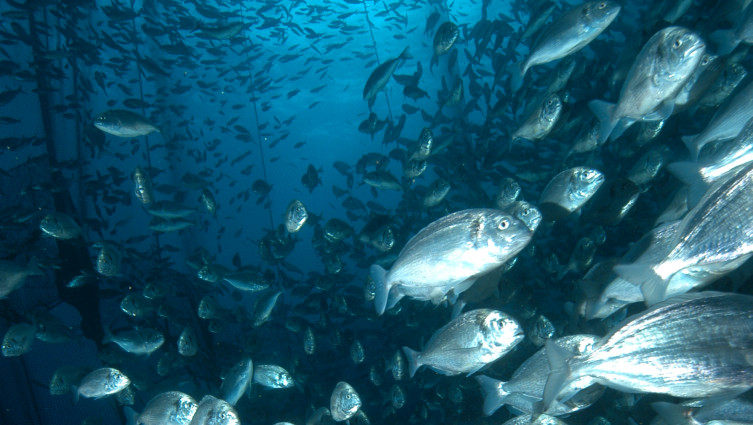Report on Fish Ethology and Welfare published by the Aquaculture Advisory Council
In August 2022, the Aquaculture Advisory Council (AAC) requested a study from our researchers of the Fish Ethology & Welfare group on how to improve the welfare of aquaculture fish and its production. In December 2022, the AAC published this study coordinated by our researcher João Saraiva in collaboration with our researchers Jenny Volstor, María Cabrera-Álvarez and Pablo Arechavala-López.
The study aims to provide insight and advice to the European Commission, Member States and European decision-makers on the benefits of using the increasing knowledge about the behaviour and ethology of aquaculture fish.
In the report, a definition of animal welfare is proposed, allowing the testing, validation and implementation of measures that improve the welfare and production of aquaculture fish.
The study focuses on the behavioural and welfare needs of the five main species farmed in the European Union: seabass, seabream, salmon, trout and carp. In addition, the main challenges faced by captive farmed fish have been identified: environmental (water quality, light, temperature), ethological (space, density, reproduction), physiological (pain, disease, parasites, stress) and human-induced (slaughter, handling, transport).
To begin to integrate and implement these proposals, the researchers propose the creation of training courses at different levels, as well as the establishment of the European Reference Centre of Fish Welfare. Priorities for research on the welfare of farmed fish in Europe and funding priorities are also proposed.
As mentioned in the report, research priorities include addressing knowledge gaps on the natural behaviour of farmed species that can provide highly relevant information for animal welfare. The researchers also suggest the development of environmental enrichment strategies and the development of technological tools to monitor farmed fish.
The preparation of this report takes place in a context where interest in fish welfare is starting to grow exponentially in research, public awareness, production and to policymakers.
The report is available for download and is written in clear and accessible language for all stakeholders: industry, researchers, Non-Governmental Organisations, etc. You can consult the report HERE.


